JEW-BC - Traitors to the Nation - Follow the pinned Links
0
0
36 Views
Published on 27 Nov 2024 / In
Film & Animation
Show more
0



 Life_N_Times_of_Shane_T_Hanson
Life_N_Times_of_Shane_T_Hanson![Ep 3818b - [DS] Master Plan Exposed, Follow The Money, Trump Sent A Clear Message To The [DS]](https://cdn.mgtow.tv/upload/photos/2026/01/2d304e99b8c9c94ea641685e7c8f90f0d15553d1Iolf1MakPxCiIBf3Ddi3.video_thumb_high.jpg)
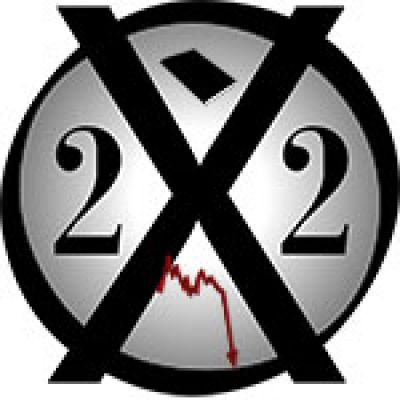 X22 Report
X22 Report![Ep 3818b - [DS] Master Plan Exposed, Follow The Money, Trump Sent A Clear Message To The [DS]](https://cdn.mgtow.tv/upload/photos/2026/01/6d7c7df9347e80ea515cd8ab4b9965c08dc725d9zukvTt7TjmAF4bjBPb1F.video_thumb_high.jpg)
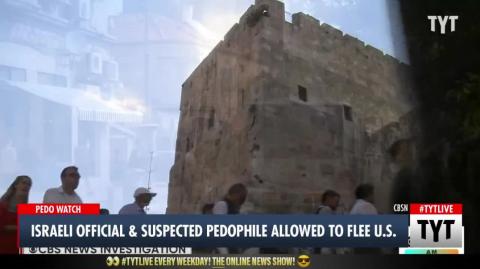




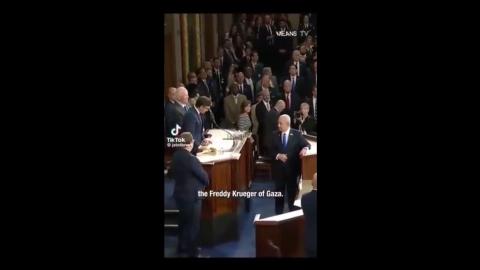

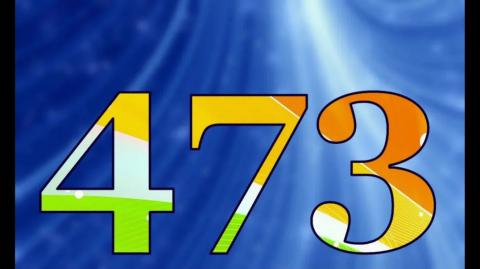
 NerokeFive
NerokeFive
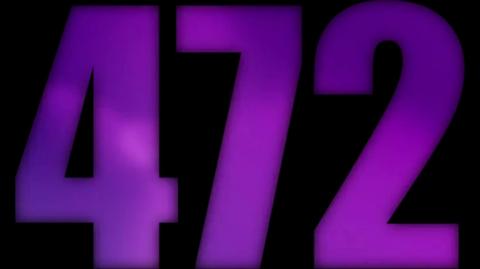
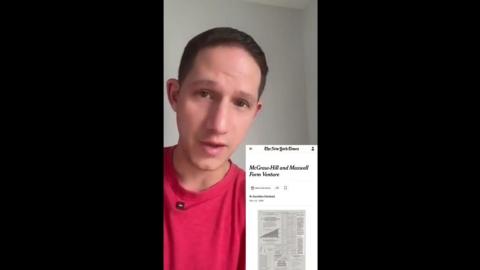
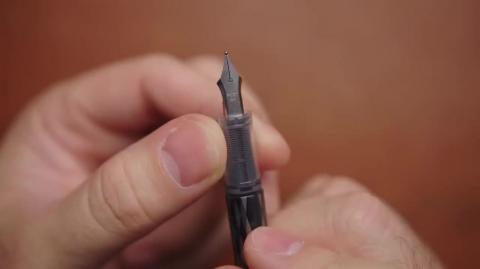

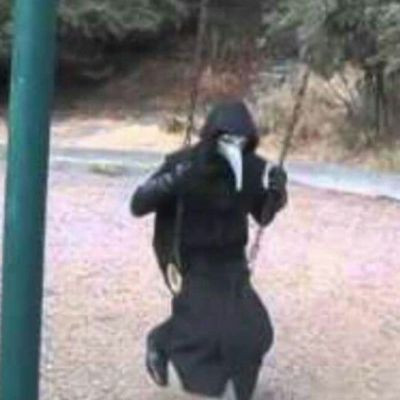 Sant77
Sant77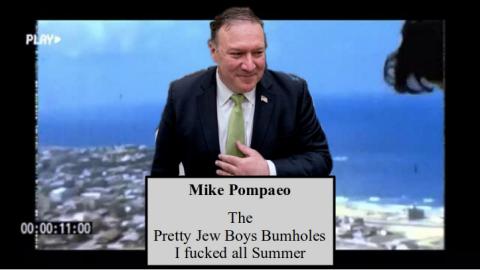




Log in to comment
The ABC is just so fucking corrupt.
https://www.abu.org.my/2022/05..../30/abc-ceo-david-an
ABC CEO David Anderson wins top LGBTQ inclusion award
The ABC’s Managing Director, David Anderson, has been named CEO of the Year at the 2022 Australian LGBTQ Inclusion Awards in Sydney.
The ABC was also recognised as one of Australia’s top LGBTQ Inclusion employers for a second year running, being awarded Gold Employer status.
The awards are based on the results of the Australian Workplace Equality Index (AWEI) and are Australia’s foremost celebration of LGBTQ workplace inclusion.
The Best External Media Campaign also went to the ABC for a second year with the ABC podcast series Innies and Outies taking out the award. The series tells the LGBTQIA+ stories of those choosing to either come out or stay in, presented by ABCQueer’s Mon Schafter.
Mr Anderson said: “This is important recognition for the entire organisation and the work we have done to make sure the ABC is an inclusive and supportive employer.”
“I am honoured to receive this award and accept it on behalf of all of my colleagues at the ABC.”
https://en.wikipedia.org/wiki/....Australian_Broadcast
Governance and structure
Main article: ABC Board
The operations of the ABC are governed by a board of directors,[88] consisting of a managing director,[89] five to seven directors,[89] and until 2006, a staff-elected director.[89][90] The managing director is appointed by the board for a period of up to five years, but is eligible for renewal.[91] The authority and guidelines for the appointment of directors is provided for in the Australian Broadcasting Corporation Act 1983.[92][93][94]
Appointments to the ABC Board made by successive governments have often resulted in criticism of the appointees' political affiliation, background, and relative merit.[95][96] Past appointments have associated directly with political parties – five of fourteen appointed chairmen have been accused of political affiliation or friendship, include Richard Downing and Ken Myer (both of whom publicly endorsed the Australian Labor Party at the 1972 election),[34] as well as Sir Henry Bland, David Hill was close to Neville Wran, while Donald McDonald was considered to be a close friend of John Howard.
From 2003 the Howard government made several controversial appointments to the ABC Board, including prominent ABC critic Janet Albrechtsen,[97] Ron Brunton,[98] and Keith Windschuttle.[96][99]
During their 2007 federal election campaign Labor announced plans to introduce a new system, similar to that of the BBC, for appointing members to the board.[100][101] Under the new system, candidates for the ABC Board would be considered by an independent panel established "at arm's length" from the Communications Minister.[102] If the minister chose someone not on the panel's shortlist, they would be required to justify this to parliament. The ABC chairman would be nominated by the prime minister and endorsed by the leader of the opposition.[100][103][104]
A new merit-based appointment system was announced on 16 October 2008, in advance of the new triennial funding period starting in 2009.[105][106]
In 2013 the Coalition government introduced a merit-based system for appointing the board based on the recommendations of a nominations panel. However, the panel was ultimately only advisory, with almost all of the board members in 2018 directly appointed by the Communications minister, despite some being rejected by the panel or not being considered at all.[107]
Funding
The ABC is primarily funded by the Australian government, in addition to some revenue received from commercial offerings and its retail outlets. The ABC's funding system is set and reviewed every three years.[110]
Until 1948 the ABC was funded directly by radio licence fees; amendments were also made to the Australian Broadcasting Act that meant the ABC would receive its funding directly from the federal government. Licence fees remained until 1973, when they were abolished by the Whitlam Labor government, on the basis that the near-universality of television and radio services meant that public funding was a fairer method of providing revenue for government-owned radio and television broadcasters.[citation needed]
In 2014 the ABC absorbed $254 million in federal budget deficits.[111]
In the 2018–19 budget handed down by then-Treasurer Scott Morrison, the ABC was subject to a pause of indexation of operation funding, saving the federal government a total of $83.7 million over 3 years.[112] In fiscal year 2016–17, the ABC received $861 million in federal funding, which increased to $865 million per year from 2017 to 2018 to 2018–19, representing a cut in funding of $43 million over three years when accounting for inflation.[51][52] In the 2019–20 federal budget funding was around $3.2 billion over three years ($1.06 billion per year) for the ABC. The Enhanced Newsgathering Fund, a specialised fund for regional and outer-suburban news gathering set up in 2013 by the Gillard government,[113][114] was $44 million over three years as of the 2019–20 budget, a reduction of $28 million per year since the 2016 Australian federal election. This came after speculation that the fund would be removed, to which Acting managing director David Anderson wrote to Communications Minister Mitch Fifield expressing concerns.[111]
Despite the cuts made by Prime Minister Tony Abbott and Communications Minister Malcolm Turnbull and the freeze introduced by Prime Minister Malcolm Turnbull and Communications Minister Mitch Fifield, the ABC itself has published financial data that shows an increase in the taxpayer appropriation to the ABC of 10% in real terms (i.e. above inflation) between 1998 and 2021.[115]
In 2023, fulfilling one of Labor's election pledges, the ABC moved into a five instead of three-year funding term.[116]
The term "where your 8 cents a day goes", coined in the late 1980s during funding negotiations,[117] is often used in reference to the services provided by the ABC.[118] It was estimated that the cost of the ABC per head of population per day was 7.1 cents a day, based on the corporation's 2007–08 "base funding" of A$543 million.[119]
Independence and impartiality
Under the Australian Broadcasting Corporation Act 1983, the ABC Board is bound to "maintain the independence and integrity of the Corporation" and to ensure that "the gathering and presentation by the Corporation of news and information is accurate and impartial according to the recognised standards of objective journalism".[92]
The ABC's editorial policy on impartiality requires it to take "no editorial stance other than its commitment to fundamental democratic principles including the rule of law, freedom of speech and religion, parliamentary democracy and non-discrimination".[158] The ABC follows the following "hallmarks of impartiality": "a balance that follows the weight of evidence, fair treatment, open-mindedness and opportunities over time for principal relevant perspectives on matters of contention to be expressed".[158]
The editorial policy on diversity also requires the broadcaster "to present, over time, content that addresses a broad range of subjects from a diversity of perspectives reflecting a diversity of experiences, presented in a diversity of ways from a diversity of sources". However, it also notes that this "does not require that every perspective receives equal time, nor that every facet of every argument is presented".[158]
https://www.abc.net.au/news/20....24-11-16/covid-vacci